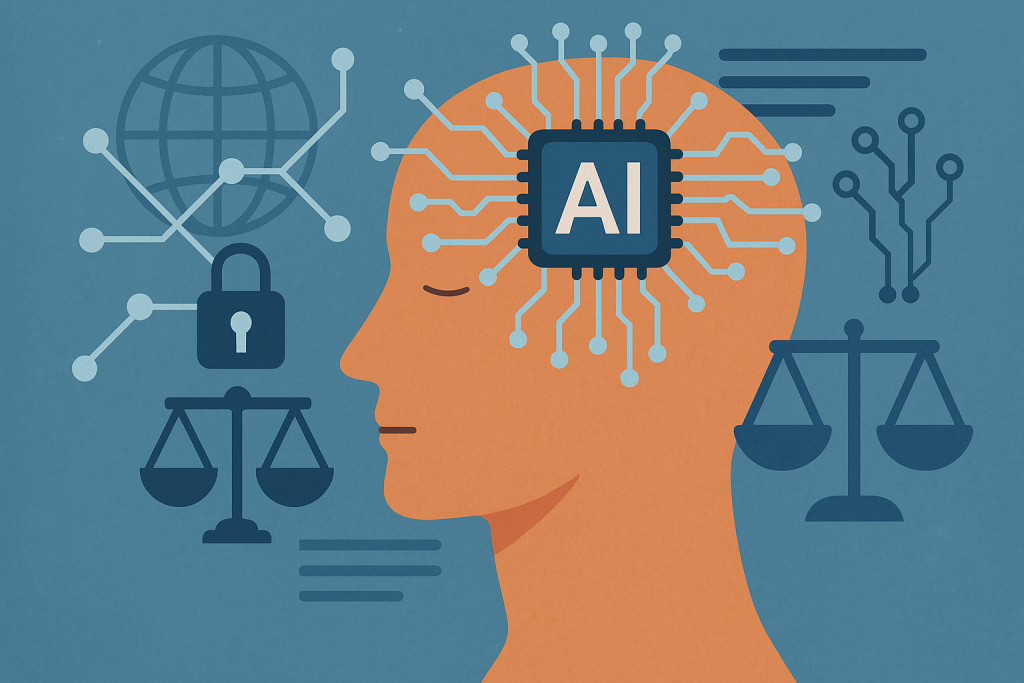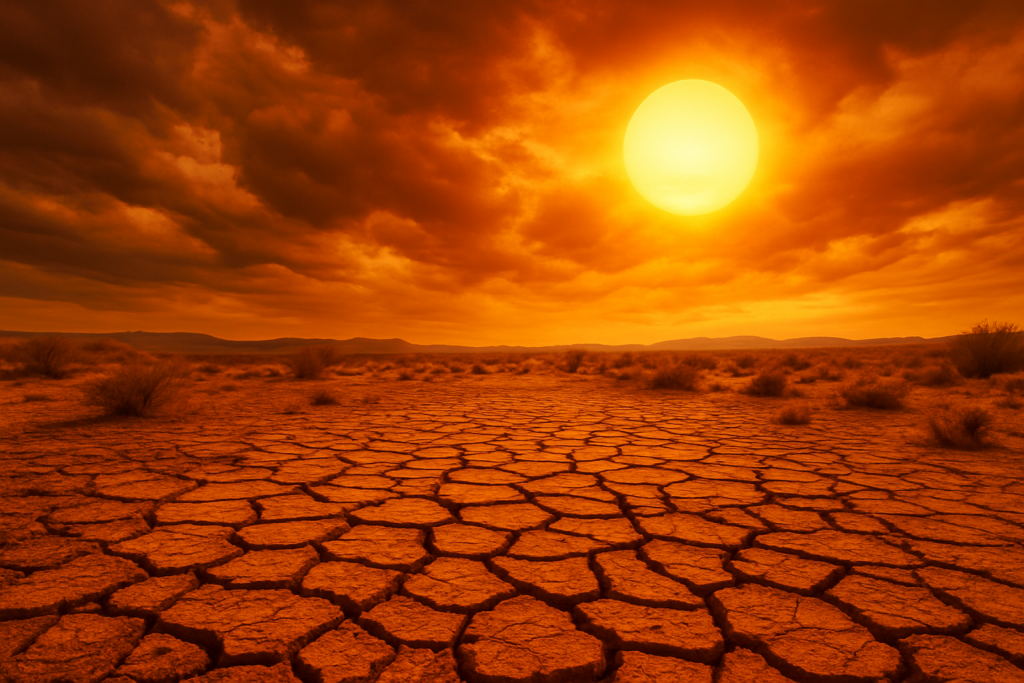Climate change is one of the most pressing challenges of our time, and its effects are being felt across the globe. Beyond the environmental consequences, the economic impact of climate change is profound and far-reaching. In 2024, countries are grappling with the financial burden of mitigating and adapting to climate change, and the global economy is increasingly shaped by climate-related policies, natural disasters, and the transition to a greener future.
The Cost of Climate-Related Disasters
Extreme weather events are becoming more frequent and more severe due to climate change. Hurricanes, floods, droughts, and wildfires have caused billions of dollars in damage to infrastructure, homes, and businesses. In 2023 alone, the global cost of climate-related disasters exceeded $200 billion, according to the World Meteorological Organization.
These events are not only destructive but also disrupt economic activities, particularly in agriculture, energy production, and tourism. Countries with economies that rely heavily on natural resources, such as those in Southeast Asia, Sub-Saharan Africa, and the Caribbean, are particularly vulnerable to these disruptions. The increasing unpredictability of weather patterns is making it difficult for farmers to plan crops, leading to food insecurity and price volatility in global markets.
Insurance companies, too, are feeling the strain, as they face increasing claims from climate-related damages. As a result, premiums are rising, and in some high-risk areas, insurance coverage is becoming more difficult to obtain.
The Economic Transition to Renewable Energy
As nations commit to reducing carbon emissions, the transition to renewable energy is accelerating. The renewable energy sector is experiencing rapid growth, with solar, wind, and hydropower leading the charge. In 2024, global investments in renewable energy are expected to surpass $1 trillion, driven by both government policies and private sector initiatives.
Countries like China, the U.S., and members of the European Union are at the forefront of this energy transition. Renewable energy projects not only help reduce greenhouse gas emissions but also create jobs and stimulate economic growth. However, the shift away from fossil fuels poses challenges for industries that are heavily dependent on oil, coal, and natural gas, such as manufacturing and transportation.
The transition to a green economy also requires significant investment in infrastructure, from smart grids to electric vehicle charging networks. While these investments hold long-term economic benefits, they come with short-term costs that many developing countries struggle to afford.

Climate Policies and Their Economic Impact
Governments around the world are enacting policies to address climate change, ranging from carbon pricing and emissions trading systems to subsidies for clean energy technologies. The European Union’s Green Deal, for example, aims to make Europe the first climate-neutral continent by 2050. This ambitious plan includes regulations to reduce carbon emissions, promote circular economies, and protect biodiversity.
However, these policies also come with economic trade-offs. Industries that are highly polluting, such as aviation, shipping, and heavy manufacturing, face increased regulatory costs. Meanwhile, consumers may see higher prices for goods and services as businesses pass on the costs of complying with stricter environmental standards.
The Future of Global Economies in a Changing Climate
As the world continues to confront climate change, the global economy will need to adapt. The shift toward renewable energy, the increasing frequency of natural disasters, and the implementation of climate policies will all play a critical role in shaping economic trends in the coming years.
Countries that are proactive in addressing climate change may find themselves better positioned to thrive in the new green economy. Meanwhile, those that lag behind risk facing greater economic challenges, from infrastructure damage to lost agricultural productivity. The path forward requires not only reducing emissions but also building resilience to the inevitable impacts of a warming planet.
In 2024, the intersection of climate change and the global economy is clearer than ever. Governments, businesses, and individuals must work together to mitigate the effects of climate change while seizing the opportunities presented by a more sustainable future.


